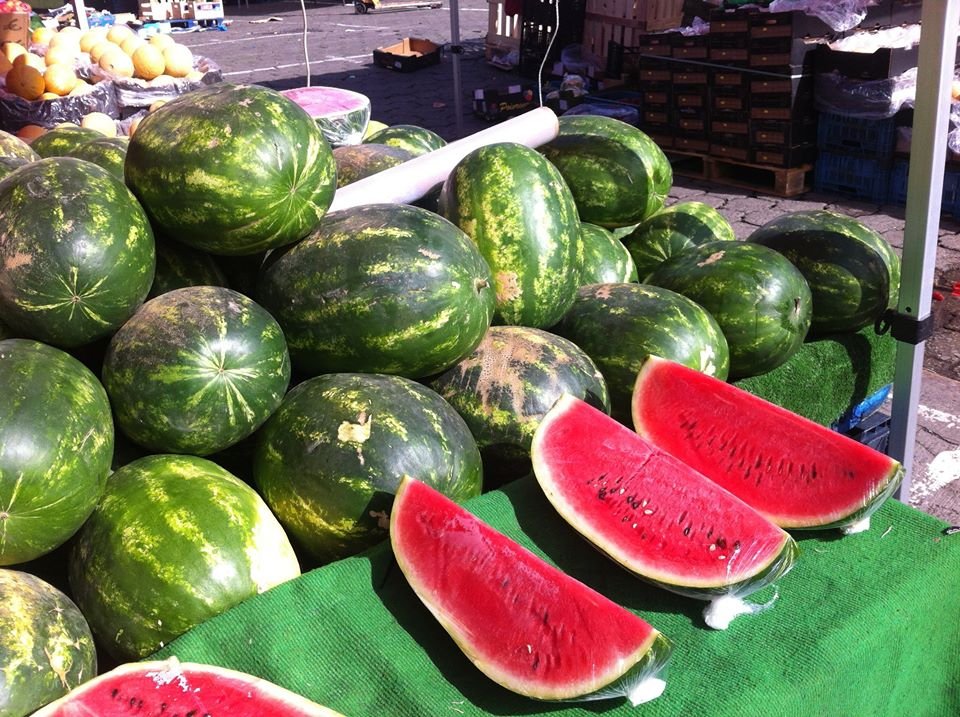In recent years, Europe has seen an influx of food products originating from Algeria. This increase in Algerian agricultural exports is not only reshaping market dynamics but also highlighting the country’s burgeoning role in global food supply chains. The factors contributing to this trend are multifaceted, encompassing strategic agricultural reforms, favorable trade agreements, and the rising demand for diverse food products in European markets.
Strategic Agricultural Reforms and Innovations
Algeria has historically been known for its rich agricultural heritage, but it is only in the past decade that the country has significantly modernized its agricultural sector. The Algerian government has implemented a series of reforms aimed at boosting agricultural productivity and sustainability. These reforms include:
- Investment in Infrastructure: Modern irrigation systems, improved storage facilities, and better transportation networks have all contributed to reducing post-harvest losses and enhancing the quality of exports.
- Technological Advancements: The adoption of advanced farming techniques, including precision agriculture and the use of high-yield crop varieties, has led to increased efficiency and output.
- Support for Small Farmers: Initiatives to support small and medium-sized farms through subsidies, training programs, and access to credit have empowered local farmers, enabling them to contribute significantly to the export market.
Favorable Trade Agreements
Algeria’s strategic geographical location, bridging Africa and Europe, has facilitated the establishment of beneficial trade agreements with European countries. These agreements often provide Algerian exporters with reduced tariffs and simplified customs procedures, making it easier and more cost-effective to penetrate European markets. Notable agreements include:
- EU-Algeria Association Agreement: This agreement, in place since 2005, aims to facilitate trade and investment between Algeria and EU member states. It has been instrumental in boosting Algerian exports to Europe by providing preferential access to European markets.
Diverse and High-Quality Produce
Algeria’s diverse climatic regions, ranging from the Mediterranean coast to the Sahara Desert, allow for the cultivation of a wide variety of crops. This biodiversity has enabled Algeria to export an array of agricultural products that cater to different tastes and preferences in Europe. Key exports include:
- Dates: Algeria is one of the world’s largest producers of dates, particularly the Deglet Nour variety, which is highly prized in European markets for its superior quality and taste.
- Citrus Fruits: Oranges, mandarins, and lemons from Algeria are in high demand due to their juiciness and rich flavor.
- Vegetables and Olive Oil: The country’s fresh vegetables and high-quality olive oil are gaining popularity among health-conscious European consumers.
Rising Demand for Organic and Ethically Sourced Products
The European market has seen a growing demand for organic and ethically sourced food products. Algerian farmers have capitalized on this trend by adopting organic farming practices and ensuring fair labor conditions. European consumers, increasingly aware of the environmental and social impacts of their food choices, are turning to Algerian products that align with their values.
Economic Diversification and Export Strategy
Algeria’s push to diversify its economy away from reliance on hydrocarbon exports has also played a crucial role in the expansion of its agricultural exports. The government’s focus on non-oil sectors has led to increased investment in agriculture, resulting in enhanced production capacity and export potential. This strategic shift has enabled Algeria to become a reliable supplier of high-quality food products to Europe.
The presence of Algerian food products in European markets is a testament to the country’s successful agricultural transformation and strategic economic policies. By leveraging its natural resources, investing in modern agricultural practices, and forging strong trade relationships, Algeria has positioned itself as a key player in the global food market. As European consumers continue to seek diverse and sustainable food options, the prominence of Algerian produce is likely to grow, fostering stronger economic ties and mutual benefits for both regions.
Source : https://internationalsupermarketnews.com/archives/14921





